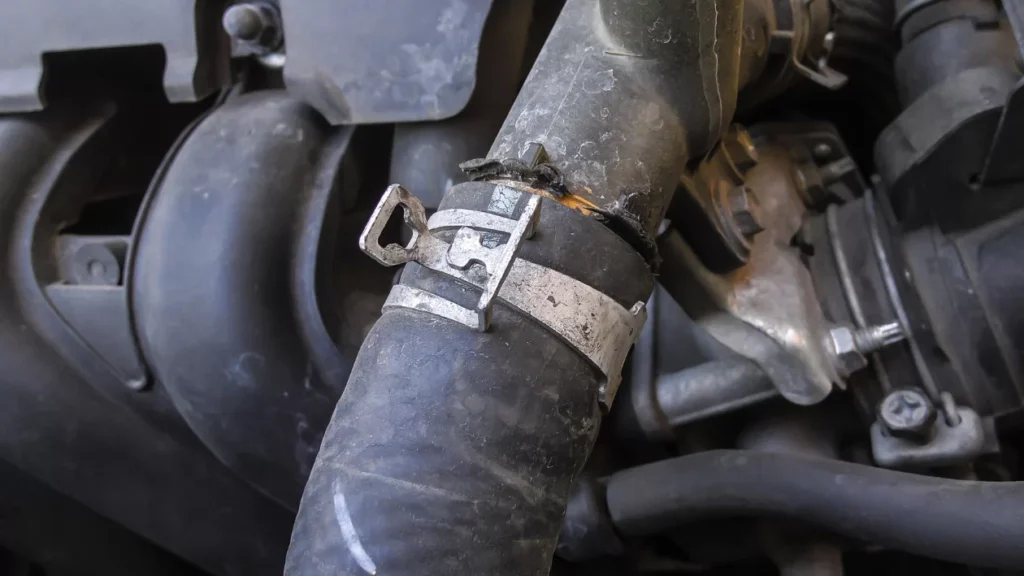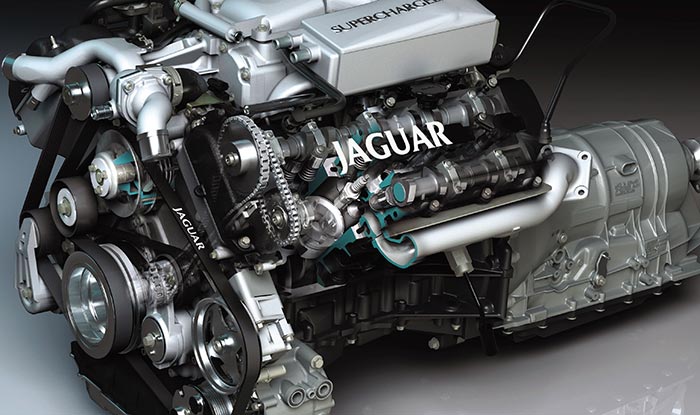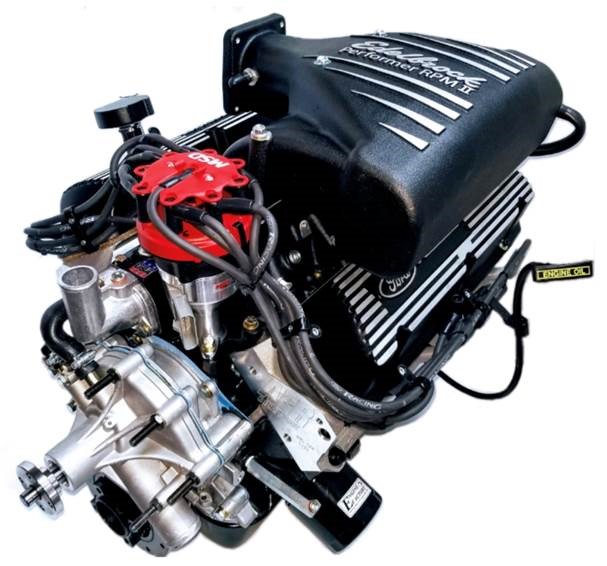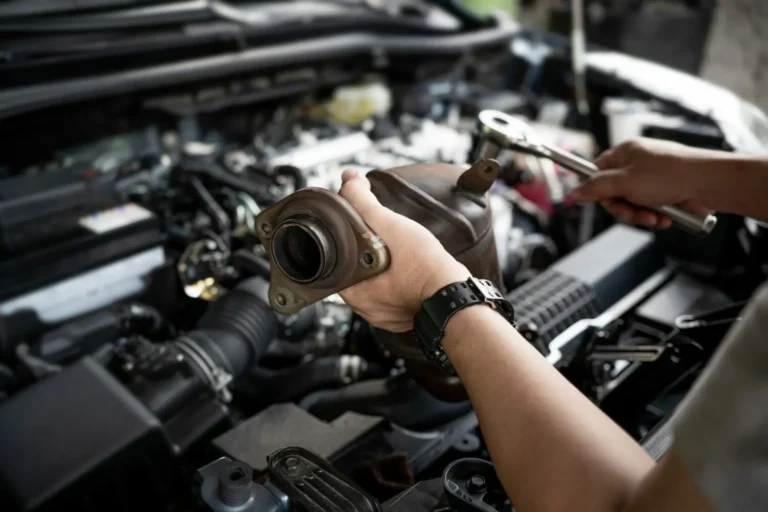Ford Escape Whining Noise When Accelerating
Hearing a whining noise when your Ford Escape accelerates can be frustrating and raise concerns about potential problems. This sound may come from parts like the transmission, power steering pump, or serpentine belt. Understanding the possible causes is important to avoid costly repairs. Let’s explain the reasons and possible fixes.
A whining noise when your Ford Escape accelerates can happen due to problems like a worn serpentine belt, low transmission fluid, or a failing power steering pump. It could also be caused by vacuum leaks or alternator issues. Check these parts or consult a mechanic to fix the problem.
In this article we will discuse “Ford Escape Whining Noise When Accelerating”.
Table of Contents
Common Causes of Whining Noise

Transmission Issues
Transmission issues can cause a variety of problems in your car, including unusual noises like whining during acceleration. The transmission is responsible for shifting gears, so any damage or low fluid levels can affect its performance. Identifying these issues early is important to ensure smooth driving and prevent further damage.
Also read: How Many Catalytic Converters Does a Ford E-350 Have?
Signs of transmission problems
Signs of transmission problems include delayed or rough shifting, slipping gears, unusual whining or grinding noises, and leaking transmission fluid. You might also notice a burning smell or the car struggling to accelerate. Address these signs quickly to avoid further damage and keep your vehicle running smoothly.
How they relate to whining sounds
Signs of transmission problems include delayed or rough shifting, slipping gears, unusual whining or grinding noises, and leaking transmission fluid. You might also notice a burning smell or the car struggling to accelerate. Address these signs quickly to avoid further damage and keep your vehicle running smoothly.
Power Steering Problems
How the power steering system can create noise
The power steering system can create noise if the fluid is low or the pump is failing. This noise, often a whining or squealing sound, happens when the system struggles to maintain pressure. Damaged hoses or worn-out parts can also contribute to the problem.
Symptoms to watch for
Symptoms to watch for include unusual whining or squealing sounds, difficulty steering, delayed response when turning the wheel, and visible fluid leaks near the steering system. These signs can indicate issues like low fluid levels, a failing pump, or worn-out steering components.
Issues With Engine Components
Serpentine Belt
The serpentine belt is a key part of the engine, powering components like the alternator, power steering pump, and air conditioning. A worn, loose, or misaligned belt can cause squealing or whining noises. Regular inspection and timely replacement can prevent these problems and ensure smooth engine operation.
What it does and why it may cause noise
The serpentine belt drives several important engine components, such as the alternator, air conditioning, and power steering pump. It works by transferring power from the engine to these parts. If the belt becomes worn, loose, or damaged, it can cause friction or slipping, which leads to whining or squealing noises. A faulty belt can also affect the performance of the components it powers. Regularly checking and replacing the serpentine belt helps prevent these issues and ensures smooth engine operation.
Alternator Problems
Alternator problems can cause a whining or whining noise in your car.The alternator powers electrical components and charges the battery. If the bearings inside the alternator wear out or become damaged, it can produce a high-pitched noise, especially when accelerating. A failing alternator can also lead to electrical issues, such as dimming lights or difficulty starting the car. If you hear strange sounds or notice electrical problems, it’s best to have the alternator checked or replaced.
Whining sounds from the alternator explained
Whining sounds from the alternator are usually caused by worn-out bearings inside the alternator. As the alternator spins to charge the battery, damaged bearings create friction, leading to a high-pitched noise. This sound often becomes louder when accelerating. If not fixed, it can affect the alternator’s performance and cause electrical issues in your car. It’s important to have the alternator checked and replaced if necessary to avoid further problems.
Air Leaks and Vacuum Issues

Intake Manifold Leaks
Intake manifold leaks occur when there is a gap or crack in the manifold, allowing air to escape. This can cause a whining or hissing noise as air is sucked in improperly. It can also affect engine performance, leading to rough idling, poor acceleration, or misfiring. Fixing the leak quickly is important to prevent further damage and ensure the engine runs smoothly.
Also read: What Year Ford Truck Beds Interchange :
How air leaks can lead to whining noises
Air leaks in the intake manifold or vacuum hoses can cause whining noises by allowing air to enter the engine improperly. This disrupts the air-fuel mixture, leading to uneven airflow. The engine may struggle to run smoothly, creating high-pitched or hissing sounds, especially during acceleration. Fixing these leaks can restore proper engine performance and eliminate the noise.
Faulty Vacuum Hoses
Faulty vacuum hoses can cause whining noises when they crack or become loose. These hoses help control various engine components by carrying air. If there is a leak, the engine may struggle to get the right amount of air, creating a high-pitched sound. Replacing damaged vacuum hoses can fix the noise and improve engine performance.
Signs and solutions for vacuum hose problems
Vacuum hose problems can cause weak suction, loss of power, or strange noises. Common signs include cracks, holes, or blockages in the hose. Examine the hose for any obvious bends or damage. Clean the hose to remove blockages and ensure it’s properly connected. If damaged, replace the hose. Regular maintenance helps keep your vacuum running smoothly, improving its efficiency and lifespan.
Faulty Wheel Bearings
Description of the issue
The issue can arise when there is a problem with the vacuum hose. Common signs include reduced suction, strange sounds, or poor cleaning performance. The hose might have cracks, holes, or blockages. This can lead to a decrease in the vacuum’s power and efficiency. To fix this, check for visible damage, remove any clogs, or replace the hose if needed.These issues can be avoided with routine maintenance.
How it connects to whining noises
Whining noises in a vacuum can happen when there is a problem with the hose or motor. A blocked hose or air leak can cause pressure changes, leading to high-pitched sounds. It may also happen if the motor is working harder than usual due to a damaged hose or clog.
Electrical System Problems
How electrical interference can cause whining
Electrical interference can cause whining noises when the vacuum motor picks up signals from nearby electrical devices. This happens when the motor’s electrical parts are affected by other electronics, like a microwave or radio. The interference disrupts the motor’s operation, leading to unwanted high-pitched sounds while it runs.
Diagnosing these issues
To diagnose vacuum issues, first check for visible damage or blockages in the hose. Listen for unusual sounds, like whining. Test the motor and power settings. If problems persist, inspect electrical connections and consider consulting a professional for complex electrical or motor-related issues.
DIY Fixes vs. Professional Repairs

When You Can Fix It Yourself
You can fix it yourself if the problem is simple, like a blocked hose, loose parts, or minor damage. Check for obstructions, clean the filter, or tighten connections. If the issue is with the motor or electrical components, it’s better to consult a professional.
Also read: Ford Fusion Jerks When Shifting 2k24
Simple solutions like tightening belts
A simple solution to fix your vacuum is tightening loose belts. Over time, belts can become loose or worn out, causing the vacuum to lose suction or make noise. Check the belts regularly and replace or tighten them if needed to restore proper function.
When to Seek Professional Help
You should seek professional help if your vacuum has serious issues like motor problems, electrical failures, or if the hose or motor cannot be repaired easily. If you’ve checked the hose and belts, but the vacuum still isn’t working, a technician can diagnose and fix complex problems safely and correctly. It’s best to consult a professional for any electrical or motor-related issues to avoid causing more damage.
Situations where expert knowledge is required
Expert knowledge is needed when dealing with motor issues, electrical problems, or complex repairs. If your vacuum has power failure, strange sounds from the motor, or electrical malfunctions, it’s best to call a professional to avoid further damage or safety risks.
Preventing Future Noises
To prevent future noises from your vacuum, regularly check the hose for blockages and cracks. Clean or replace filters often, and make sure the belts are tight and in good condition. Keep the motor area clear of dust. Also, avoid using the vacuum on rough surfaces that can cause damage to the parts. Regular maintenance will help reduce noise and keep your vacuum running smoothly.
Maintenance tips to keep your Ford Escape quiet
To keep your Ford Escape quiet, regularly check and replace the air filter, tires, and brake pads. Keep the engine and exhaust system clean. Lubricate moving parts and ensure the suspension is in good condition. Regular maintenance helps reduce noise and ensures a smoother ride.
Conclusion
In conclusion, a whining noise when accelerating in your Ford Escape can be caused by issues such as a worn serpentine belt, low transmission fluid, power steering problems, or vacuum leaks. Regular maintenance and early identification of these issues can help prevent further damage and ensure smooth performance of your vehicle.
FAQs
What are the common causes of whining noises in a Ford Escape?
Common causes of whining noises in a Ford Escape include issues with the power steering, worn-out belts, low transmission fluid, or problems with the alternator.These problems can be found and resolved with regular maintenance.
How can I determine if my transmission is causing the noise?
To determine if your transmission is causing the noise, listen for whining sounds when shifting gears or while accelerating. Also, check if the vehicle has trouble shifting or if the fluid is low.
Are whining noises dangerous?
Whining noises can indicate a problem with your vehicle, like issues with the transmission, power steering, or belts. Ignoring them can lead to further damage, so it’s important to get the issue checked soon.
How much does it cost to fix a whining noise in a car?
The cost to fix a whining noise in a car can range from $100 to $1,000, depending on the cause. Simple fixes like replacing belts are cheaper, while transmission repairs are more expensive.
Can regular maintenance prevent whining noises?
Yes, regular maintenance can help prevent whining noises. Keeping parts lubricated, checking for wear, and tightening loose components can reduce or eliminate these sounds in machinery or vehicles.






One Comment